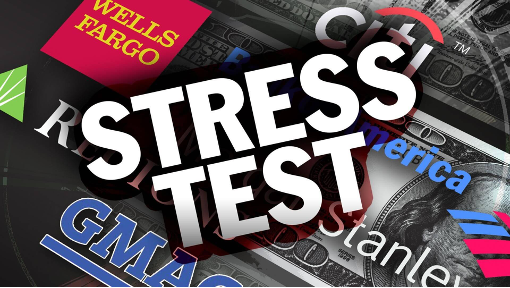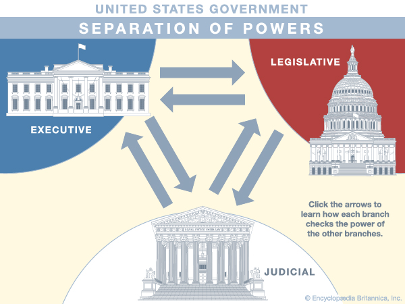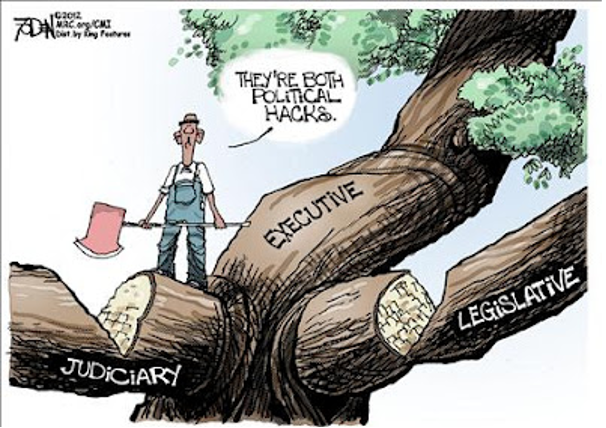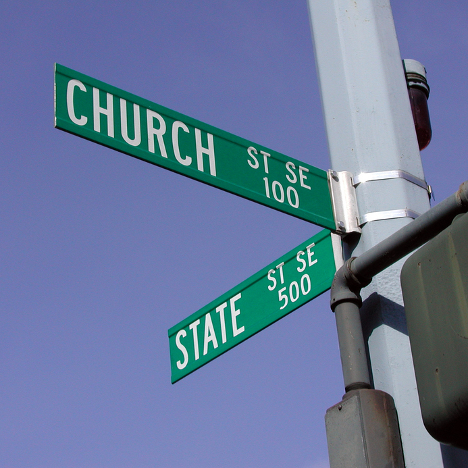
Stress has various meanings. Some are personal, some material. The personal involves a feeling of emotional or physical tension. Material stress refers to external or internal forces on an object. We all feel the personal kind at times—even normal times—but these are not normal times. Stress is overwhelming us now. Pandemic stress. Racial stress. Economic stress. Healthcare stress. Education stress. Upcoming election stress.
Back in 2008, following the collapse of the US economy we were introduced to a new application of the material kind of stress. Combined with test it morphed from noun to compound verb, and rather than denoting a condition of personal health or material pressure it became checklist of steps used by regulators to measure the stability of banks. The Federal Reserve, US Treasurer, regulators, bankers, and Congress needed a new vocabulary to cope with the financial devastation and prevent a repeat of the crisis. “Stress test” became the nomenclature used to measure the safety of our banking institutions. In July of 2010 Congress enacted the bipartisan Dodd-Frank Wall Street Reform and Consumer Protection Act to prevent a reoccurrence.
The mechanics of stress-testing the banks is not relevant here. Capital reserves were increased, commercial and investment banking activities separated, and other protective measures instituted. Since then Dodd-Frank has been tested, tweaked, and reworked. So far, so good. I bring it up to suggest the concept might be useful in discussing the state of our democracy today, because there are similarities

James Madison articulated and defended the new nation’s system of checks and balances in Federalist Paper 51 as incorporated in the US Constitution. The founders gave great thought to the balance of the new government’s institutions. The language is comprehensive but not granular. It includes checks on executive power but never anticipated an Attorney General intent on making the executive branch dominant in the institutional triad. Nor did they foresee a greedy, corrupt and ignorant executive. It presumed he or she would be an educated leader with a good faith commitment to Constitutional principles and the welfare of the nation’s citizens.
Just as relaxation of banking regulations destabilized those institutions through corrupt and abusive practices, the Trump administration’s corruption, abrogation of treaties, embrace of dictators, attacks on Congress and the judiciary, abuse of the pardon power, and attacks on the electoral process has raised questions about the stability of our own government institutions.
For the past four years, American democracy has undergone an ad hoc stress-test. Mr. Trump has bypassed the legislative branch to rule by Executive Order – banning Muslims, closing the border to amnesty seekers, separating children from their parents, rescinding the designation of protected lands, stealing funds from the Defense budget to build his Wall, and opening wilderness areas to oil and gas drilling.
Republicans told us in 1999 that banking regulations were burdensome and unnecessary. The banks, they claimed, were capable of regulating themselves. It wasn’t true but Congress bought it, repealed Glass-Steagall and let the gypsies into the palace. The rhetoric hasn’t changed—only the subject has changed–we have many examples of the need for regulation. Voting rights. Environmental regulation. Immigration. Consumer protection. Gun regulation. Carbon emissions. These areas are the responsibility of the legislative branch, but the majority leader of the Senate has deferred to the executive branch and blocked legislation in these areas.
The three co-equal branches of government are no longer co-equal. The executive is now “dominant” (to use one of Mr. Trump’s favorite words.) Congress is stalled and hunkered down in its respective camps, while we await Senate confirmation of Amy Coney Barrett to the Supreme Court. If confirmed, the lopsided conservative majority will likely become a “handmaiden” to the executive branch.

November 3, 2020 is Election Day.
President Trump has told us he will not accept the results if he is not reelected and will not commit to a peaceful transfer of power if results show Joe Biden is the winner. This is unprecedented but not unexpected given his past rhetoric about election fraud. It’s impossible to predict how this will play out. Will he refuse to leave the White House? Will federal marshals be dispatched to enforce the results and perp walk the 45th president from the residence? Will the “Trump Army” the ragtag assembly of right-wing militias take up arms to defend him? It’s crazy to even mention scenarios like this, but as he says, “It is what it is.”
As with almost everything in the past four years, we are in uncharted waters. It is likely that when this “stress-test” is over, coordination between the branches will resume, albeit in a altered state. We may see an effort to reform the Electoral College. We may get legislation to deal with foreign interference in our elections. We might see election security reform at the state level including some uniformity in mail-in balloting procedures. We may also see an effort to set protocols that establish when the President’s is unfit to continue his duties under the mandates of the 25thAmendment.
The Trump presidency has shown us how much the functioning of the American “experiment” depends on its participants abiding by the rules i.e. understanding the system and acting in good faith for the benefit of all Americans. Donald Trump did neither and the consequence is a stress-test of our institutions and norms. I pray it holds together.

































